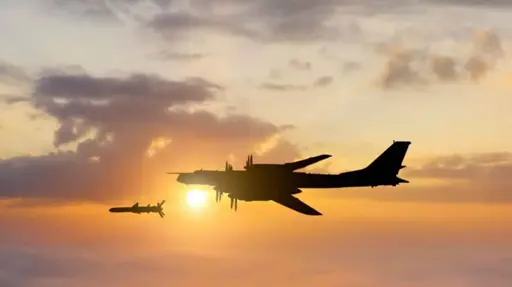Summary
Leaked Russian military documents from 2013-2014, obtained by the Financial Times, reveal plans to target 160 sites in Japan and South Korea, including nuclear power plants, civilian infrastructure, and military facilities, in preparation for a potential conflict.
The targets included key energy sites like the Tokai nuclear plant and industrial facilities in Busan and Pohang.
The files highlight Russia’s strategic focus on its eastern borders amid concerns about vulnerabilities during a NATO conflict.
The plans were linked to showcasing the Kh-101 missile, though Russia’s confidence in its missile systems is now seen as overstated.
I think every major power has plans to attack their neighbors “just in case”. I would be SHOCKED if the USA didn’t have plans to invade Canada and Mexico, for example.
Yeah, you want your military to plan for every eventuality. Otherwise they’re not doing their jobs.
Certainly now that Trump is taking over.
The problem with this stuff is you can’t never be too sure that it isn’t an intentional “leak” just to spread nuclear scare.
Quote from this article :
" The Financial Times has obtained access to 29 Russian military secret files from 2013-2014 with lists of targets, particularly nuclear power plants, for a potential war with Japan and South Korea."
I read this article differently; atacks on civilian targets and energy infrastructure, while effective to completely neutralise a country, is without any consideration for the principle of proportionality, according to international humanitarian law, and is primarily a warcrime.
To me, it’s an affirmation of the idea that Russian, Chinese, and North-Korean military cooperation has been going on for much longer than some suspected. And, that such states have no regards for civilians lives and have no intentions of upholding international law.
See also Is attacking Ukraine’s power grid a war crime?, BBC; " The state has an obligation under international humanitarian law (IHL) to choose a target or a tactic that will cause less damage to civilians. Less death and less injury, but still fulfilling the military advantage," Dr Maria Varaki from King’s College War Studies department told the BBC."




